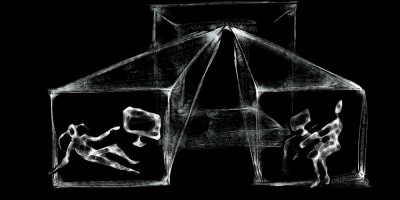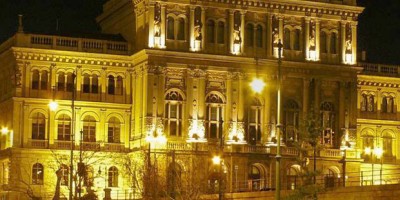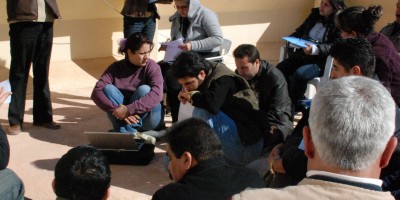
Hungarian Academy of Science reform
the aim is centralized control of science, say researchers
eminent conservative Christian intellectuals in the West look to new illiberal regimes for succour. Their disappointment is inevitable, COMMENTS Alexander Faludy.



the aim is centralized control of science, say researchers

a thorough Datalyrics study about the differences in Hungarian and Polish propaganda, robust television reporting on migration and organizational practices that underpin the different styles

says Attila Chikán, a minister from the first Orbán’s government, about Hungary’s competitive autocracy. In a long interview with Datalyrics, he also talks about binarity and the reluctance of those who share a similar ideology to call out a fellow’s foul.

why fewer people trust the news in Czechia, Hungary and Slovakia?

portrait of the mind of a popular Czech historian who smuggled radical imaginations from disinformation websites into the mainstream

Datalyrics replies to a defamation of non-profit's esteemed partners by the Chief editor of Lidové noviny, once a samizdat newspaper today practically owned by Czech PM Andrej Babiš

the deepest root of the invasion of Ukraine lies in the Russian failure to democratize, COMMENTS Michael Ignatieff